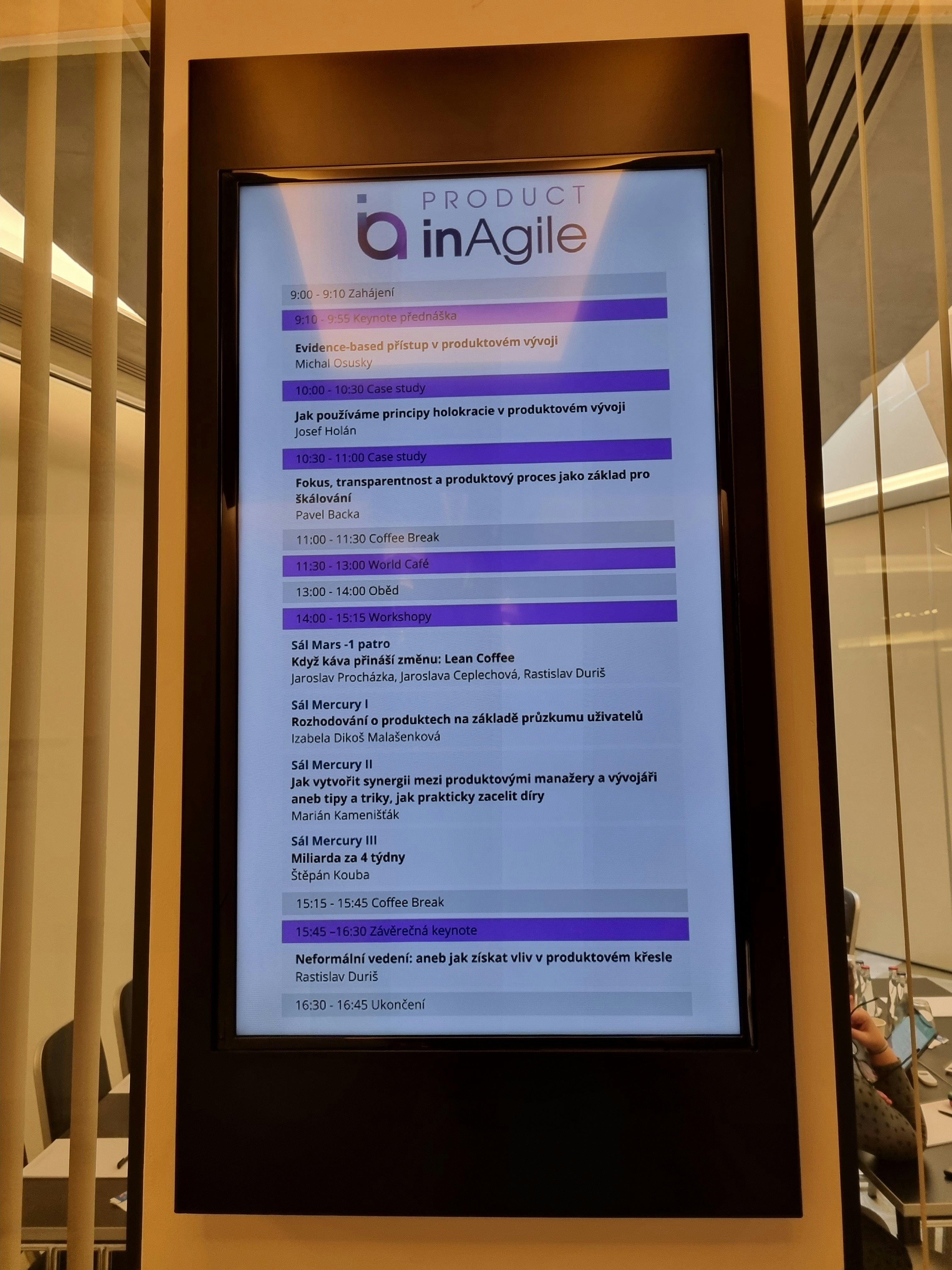⏰ Unlocking Personal Development: Harnessing AI for Effective Time Management

Introduction
Time is the one resource you can’t get back — and in today’s fast-paced digital world, managing it effectively has become a key to personal growth and success.
Thankfully, Artificial Intelligence (AI) is reshaping how we organize, prioritize, and optimize our time. From smart scheduling apps to AI-driven productivity tools, the power of AI can help you unlock your full potential and take control of your personal and professional life.
In this blog, we’ll explore how you can harness AI for effective time management and personal development.

1. The Connection Between Time Management and Personal Development
Effective time management is more than just being organized — it’s about aligning your actions with your goals.
By mastering how you spend your time, you free yourself from distractions, reduce stress, and make room for activities that truly matter.
But here’s the problem: humans are easily distracted, overwhelmed by digital noise, and prone to procrastination.
That’s where AI steps in — offering tools that analyze, automate, and optimize your daily routines so you can focus on growth and creativity.
2. How AI Enhances Time Management
AI tools go far beyond basic task reminders. They learn from your behavior, predict your priorities, and help you make better time decisions. Here’s how:
🧠 Smart Scheduling
AI assistants like Google Calendar AI, Motion, or Reclaim automatically schedule your meetings, breaks, and deep work sessions based on your energy levels and priorities.
📊 Intelligent Task Prioritization
Tools like Todoist AI or Notion AI can analyze your to-do lists, categorize tasks by urgency and impact, and even suggest optimal time blocks.
⏳ Focus Optimization
AI-powered apps such as RescueTime or Clockwise monitor how you spend your hours, providing personalized insights to eliminate time-wasters and boost focus.
🔁 Workflow Automation
AI automates repetitive tasks — from email responses to data entry — saving you hours each week for activities that truly matter.
👉 Result: Less burnout, more clarity, and a sustainable rhythm for achieving your goals.
3. AI Tools for Boosting Productivity
If you’re ready to upgrade your time management, start with these top AI tools:
| Tool | Best For | Key Benefit |
|---|---|---|
| Reclaim AI | Scheduling & Time Blocking | Automates calendar management based on priorities |
| Notion AI | Task Organization | Suggests smarter structures for projects and personal tasks |
| Motion | Work-Life Balance | Creates adaptive daily plans that adjust automatically |
| Clockwise | Team Collaboration | Optimizes meeting times and focus hours for teams |
| RescueTime | Self-Awareness | Tracks habits and gives insights into productivity trends |
These tools act like AI-powered life coaches, helping you stay organized, motivated, and goal-focused.
4. Using AI to Develop Personal Growth Habits
AI isn’t just about efficiency — it’s a personal development partner. With the right setup, AI can help you:
- Track habits and progress over time
- Recommend new routines for better productivity
- Send reminders for self-care, learning, and rest
- Identify your most productive hours
For instance, apps like Habitica and Rize use behavioral data and psychology-driven AI to turn goal tracking into a fun, motivating experience.
👉 Example: AI might notice you’re more creative in the morning and recommend scheduling brainstorming sessions early in your day.
5. The Human Touch: Balancing AI and Intuition
While AI can make you more efficient, remember: technology should empower, not control.
Use AI as a supportive partner — not as your decision-maker. Balance automation with mindfulness, creativity, and self-reflection.
Ask yourself:
- “Is this activity truly aligned with my goals?”
- “Am I being productive, or just busy?”
AI gives you the data, but wisdom comes from you.
6. The Future of AI in Time Management
The future holds exciting possibilities. Emerging AI systems will soon integrate with wearables, tracking your energy levels, emotions, and focus patterns to predict your optimal schedule automatically.
Imagine an AI that knows when you’re mentally tired and reschedules meetings or nudges you to take a break — that’s where we’re headed.
👉 Prediction: By 2030, over 70% of professionals will rely on AI-driven time management systems for productivity and wellbeing.
Conclusion
Harnessing AI for time management isn’t about becoming robotic — it’s about becoming your best self.
By leveraging AI tools, you can automate distractions, focus on meaningful work, and unlock your potential for continuous personal growth.
With AI as your partner, you’re not just managing time — you’re mastering it.
🧩 FAQs About AI and Time Management
1. How does AI improve time management?
AI automates repetitive tasks, optimizes schedules, and analyzes productivity patterns to help users focus on their most important goals.
2. What are the best AI tools for time management?
Top tools include Reclaim AI, Motion, Notion AI, and RescueTime — each offering smart scheduling and habit optimization features.
3. Can AI help reduce procrastination?
Yes! AI apps track behavior and send personalized reminders, making it easier to stay consistent and accountable.
4. Is AI-based time management suitable for students?
Absolutely. Students can use AI to manage study schedules, track assignments, and maintain a healthy work-life balance.
5. How can I start using AI for personal development?
Begin with one AI productivity app and gradually integrate more tools that fit your lifestyle and learning goals.


